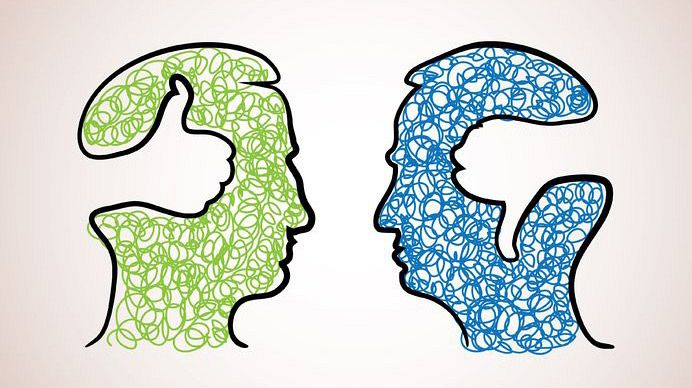Enneagram Type 1: Stress And Growth

Individuals with type 1 temperament exhibit the negative characteristics of the four temperament types in stressful situations, while they display the positive characteristics of the seven temperament types in relaxed situations.
Causes of Stress
These types, who are perfectionists, idealistic, and controlling, experience tension and stress when they do not act according to their principles and make consecutive mistakes. Disrespect for themselves, their principles, and criticism from important individuals can lead to stress. Similarly, behaviors such as injustice, irresponsibility, and their inability to prevent them are sources of stress for them. Thinking that they cannot achieve perfection, having to adopt methods different from what they know, or thinking that they are becoming corrupted are causes of stress for them.
In the initial stages of stress, they exhibit tense, angry, and critical attitudes, and as stress persists, they begin to exhibit the negative characteristics of the four temperament types.
At Stress Points Ones
When exposed to excessive stress, Ones feel exhausted and tired, withdrawing into their inner world by isolating themselves from their surroundings and personal relationships.
Normally striving incessantly for their principles and ideals, these individuals become hopeless, unable to motivate themselves, and find it difficult to do or finish anything during intense stress periods.
They neither motivate themselves nor try to influence those around them. Loss of appetite and irregular sleep patterns are observed.
They Exhibit Angry and Melancholic Attitudes
They feel the need to be alone and feel sadness and disappointment for unfulfilled ideals, being in a melancholic mood.
They get angry with themselves and consider themselves worthless. When they think they have lost their principles and ideals, they may exhibit behaviors they previously criticized. When stressful situations last long, they may distance themselves emotionally from themselves and their surroundings, experiencing emotional outbursts. They may exhibit melancholic behaviors. They can be self-blaming and angry towards themselves, trying to punish themselves.
When they fail to accomplish their efforts, they may get angry and fall into despair, thinking that their efforts are in vain. They may think that their efforts for their surroundings and realizing their ideals are in vain and give up.
Factors Facilitating Growth
When things go as expected, when everything proceeds smoothly and orderly according to their rules, and when they feel in control, they feel more relaxed. Achieving their goals, having their expectations met, and feeling in control help them relax.
At the Growth Point Ones
Relaxed Ones exhibit more cheerful and flexible attitudes rather than being controlling and harsh. Their tendency to control and fix their surroundings decreases, making room for more accepting and understanding behaviors.
They become less controlling and more open to novelty. They engage in less critical attitudes and exhibit more constructive and positive behaviors. Although they display less control and more relaxed/flexible attitudes, this situation may disturb them, and they may experience a sense of losing control.
They Become Optimistic and Accepting
In relaxed situations, Ones become more accepting and more moderate. They realize that there can be shortcomings and become more accepting and optimistic, abandoning their judgmental attitudes towards this issue. They realize that they can live their emotions without suppressing them.
They broaden their perspectives, becoming more open to innovations and differences. Their desire for perfection becomes more realistic.



